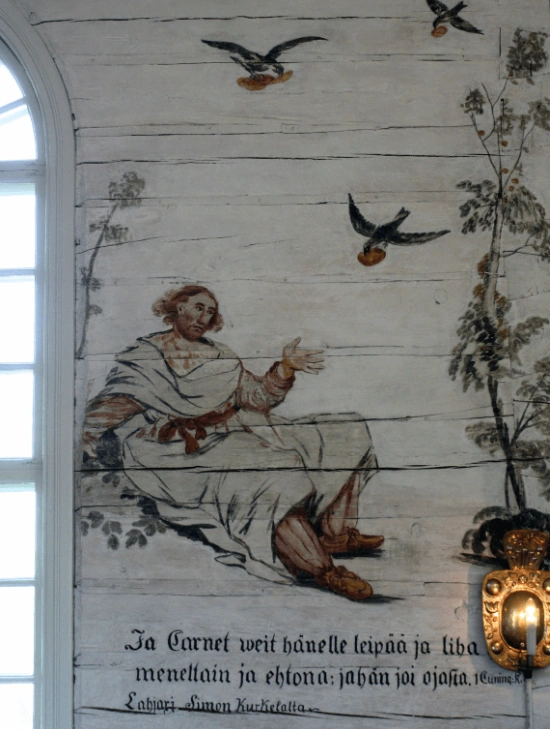3293. 'Two nations are in your womb' means the natural as regards good, interior and exterior, which is conception. This is clear from the meaning of 'nations' as goods, in particular of the Church, dealt with in 1159, 1258, 1260, 1416, 1849. Here goods within the natural are meant, as is evident from the consideration that Esau and Jacob, who at that time were in the womb, represent the Lord's Divine Natural, as will be quite clear from what follows in the part where they are the subject. As with the rational the natural consists of good and of truth. The good within the natural includes all that which goes with natural affection and is called delight, whereas the truth within the natural includes all that which is part of knowledge and is termed factual knowledge. These two must be present in the natural for it to be the natural. By itself and isolated from the delight which belongs to affection, factual knowledge is not anything at all - it being from delight that the natural gets its life, since it is from this that the natural may come to know anything. However, if delight, which is the good of the natural, is devoid of factual knowledge, it is nevertheless something, though only a vital spark, as it is in young children. For the natural to be human therefore it has to consist of both elements, the one perfecting the other. But life itself it receives from good.
[2] As for the good which is the subject here, it is twofold - interior and exterior. Interior good communicates with the interior man, that is, with the rational, while exterior good communicates with the external, that is, with the things that belong to the body, bringing life to the external senses as well as to actions. Without such communication in both parts no one is able to live as a rational being or as a physical organism. Interior communication is what remains with a person after death and then constitutes his natural life, for a spirit too possesses natural life since his spiritual life is encompassed in the natural as the ultimate level of it. For no one is able to think spiritually immediately after death except from the things that belong to his natural. Exterior communication however is what a person has while he is living in the body, but it comes to an end with the death of the body. From these considerations it may now be seen what 'two nations in the womb' means, namely the natural as regards good, interior and exterior. 'In the womb' means, in the internal sense, conception, and this is why at this point the expression 'which is conception' is used in reference to that good.







